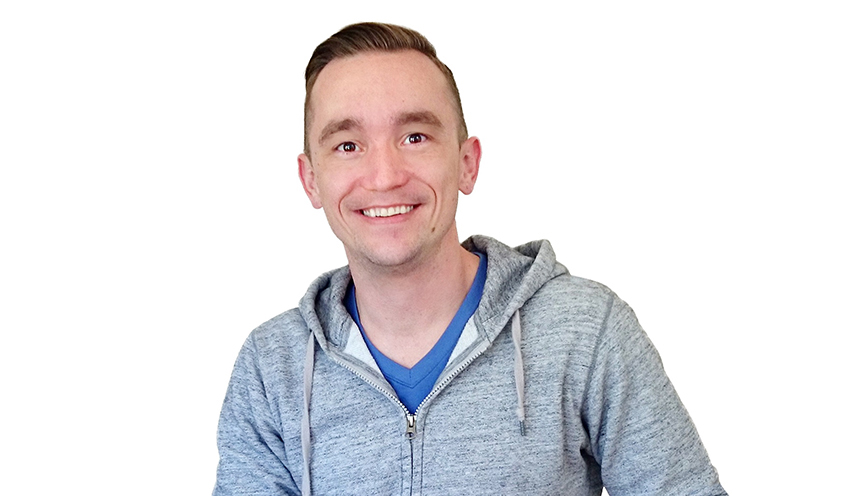8 April 2019
Instructor Spotlight: Mark Rushton On Becoming Agile
By Stephanie Stevens

Finding the balance between stability and agility is a challenge for every organization, but it’s especially crucial for software development. Mark Rushton has been involved in the software development industry for more than two decades and knows a thing or two about effectively leading a technical team. He’s also leading the way for UC San Diego Extension by pioneering the use of the virtual reality online learning platform, VirBELA, while sharing his knowledge of project management methods in his Agile Power Practices course.
Tell us a little bit about yourself.
I've been working in software development for over 20 years. I started out in college wanting to do computer animation (this was around the time of “Toy Story”), then after a super terrible portfolio review and the department lead saying that I would have to stick around until next year and try again, I knew I was in trouble. I more or less needed to get out of college and quick. Fortunately, I'd taken enough math and physics courses to warrant a double major in Math and Computer Science by staying just two more semesters, so that's what I did.
I wrote software out of college for a while, then slowly moved into management and project management. In 2012, my wife and I sold our house in Missouri, packed up and moved to a studio apartment in San Francisco. I’ve worked at startups as well as larger established companies. Now I’m at GitHub (which is a startup recently acquired by Microsoft) where I’m a Manager of Technical Program Management leading a team of Technical Project Managers.
I suppose an interesting fact is that I have cystic fibrosis. Mixing my health issues with raising kids along with teaching and being effective at work is a challenge for sure. I have a few more variables to the equation that need to be balanced like therapies and medications, but I also find that it makes me much less likely to waste time on things I don't value.
What did you most enjoy about your profession?
I love the execution side of software – turning an idea into a tangible product. In my mind, most ideas are kind of bogus. Pretty much everyone at any trendy coffee shop in San Francisco can be heard pitching their billion-dollar unicorn idea while waiting for a latte. The magic and skill are in making that idea real. I find that most people (or teams) only need a little bit of coaching to drastically improve and make the final product come to life.
What advice would you give someone looking to enter this career field?
I've found that the term "project management" has no direct correlation to what the person does. You could be launching a space shuttle, or forwarding email; nobody knows! My advice for anyone in the project management field would be to focus on communication and organization. Lots of new project managers get focused on fancy tools or frameworks like Scrum, and these have their place for sure. But, in the end, we're all just a bunch of humans working together or trying to work together, and being able to organize ideas and sanitize complex information into clear communication effectively is something valuable regardless of the position.
How is your field changing?
I can only really speak to my field (software/tech), but the role of project managers in building large complex systems is not at all straightforward. The roles of product management, engineering management, and how that intertwines with project managers vary from company to company and even team to team. Today project managers must be infinitely malleable to what work they are doing and where value is added to the process. Sometimes you coach, sometimes to lead, sometimes you facilitate, sometimes you are literally just taking information from one place and packaging it up for different audiences. Project managers must be proficient in all of the traditional tools as well as effective leaders without authority. In the end, we're all really project managers, and I think we'll see more and more that companies will comprise of what we call "project managers." The highest value work will be aligning tools and teams and, in my mind, this will always be a human-centric endeavor.
What do you like most about teaching for Extension?
I, selfishly, learn more from teaching classes than I feel I contribute. Each class has different students and discussions, and I learn a little bit every time about team dynamics, organization, and it's also a forcing function for me to stay current on project management skills. I think the best part so far for me is when a student says they took a skill or tool they learned in class and immediately saw results in their work.
Learn more about Mark Ruston and the Agile Power Practices course on our website, or, if you have specific questions, contact the Robert Jones at ProjectManagement@ucsd.edu or 858-534-8136.